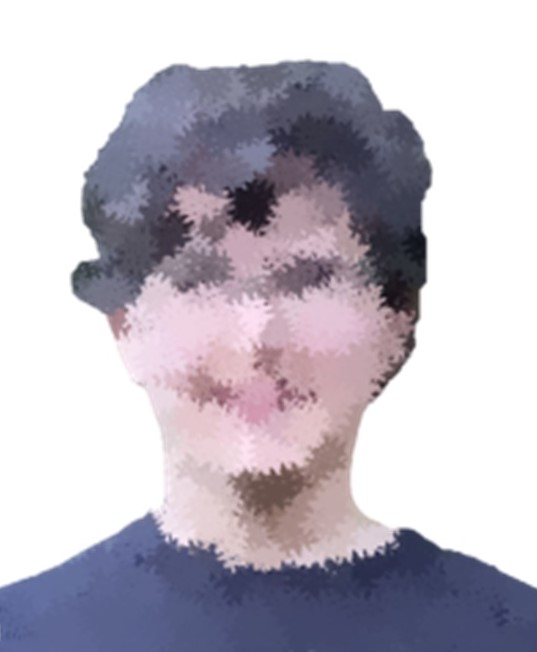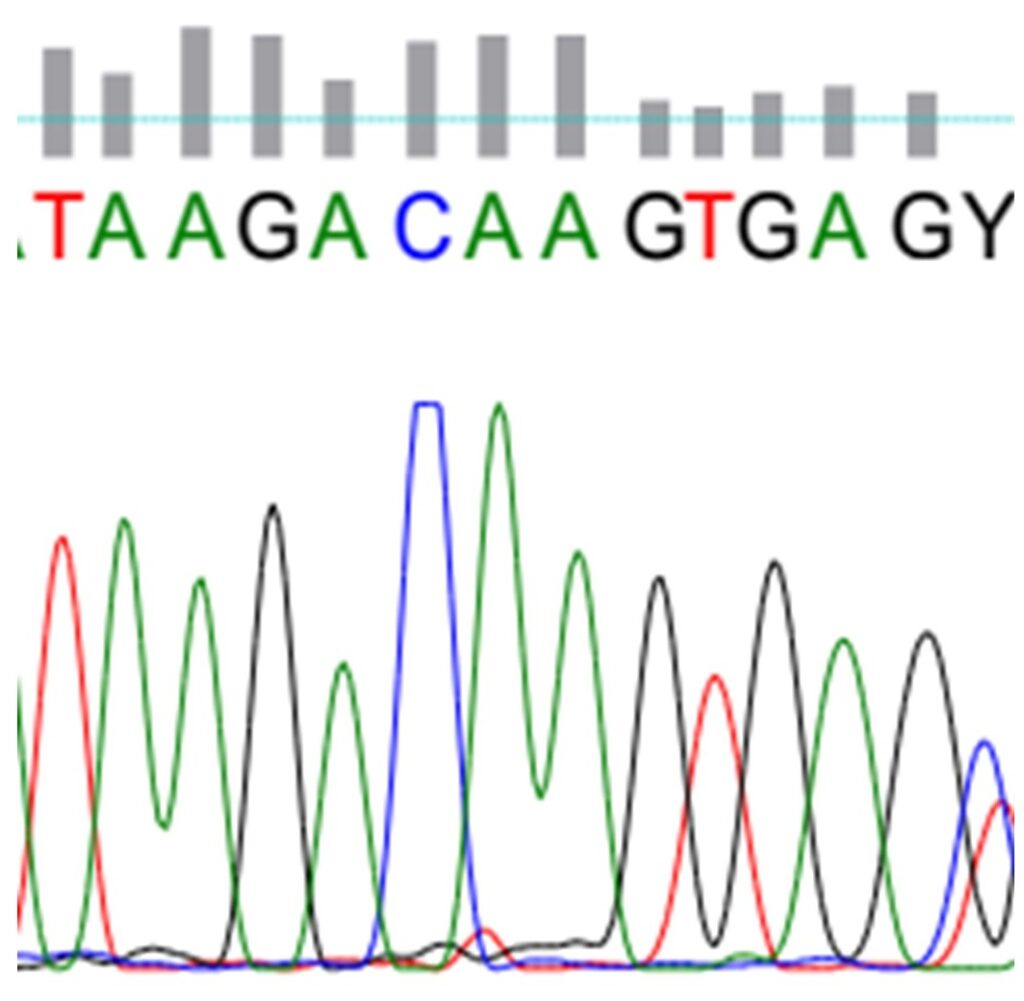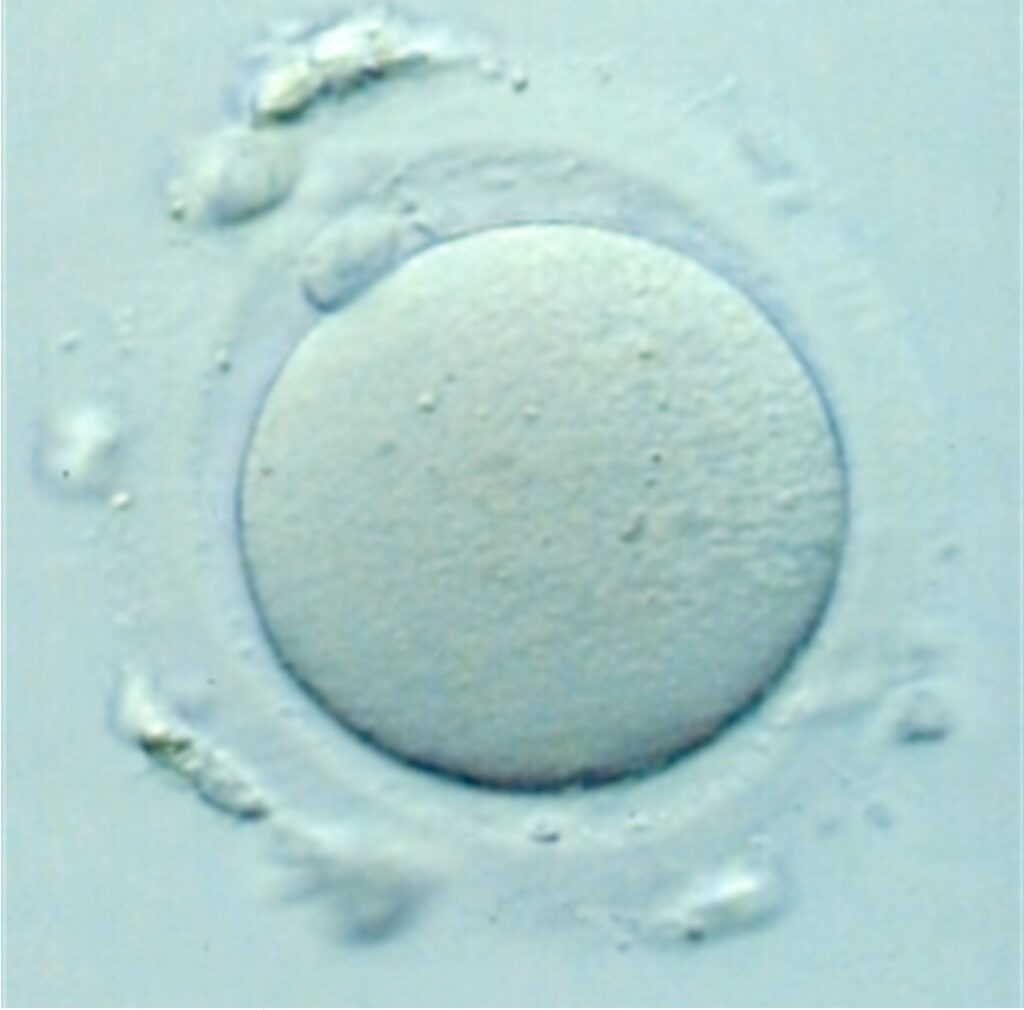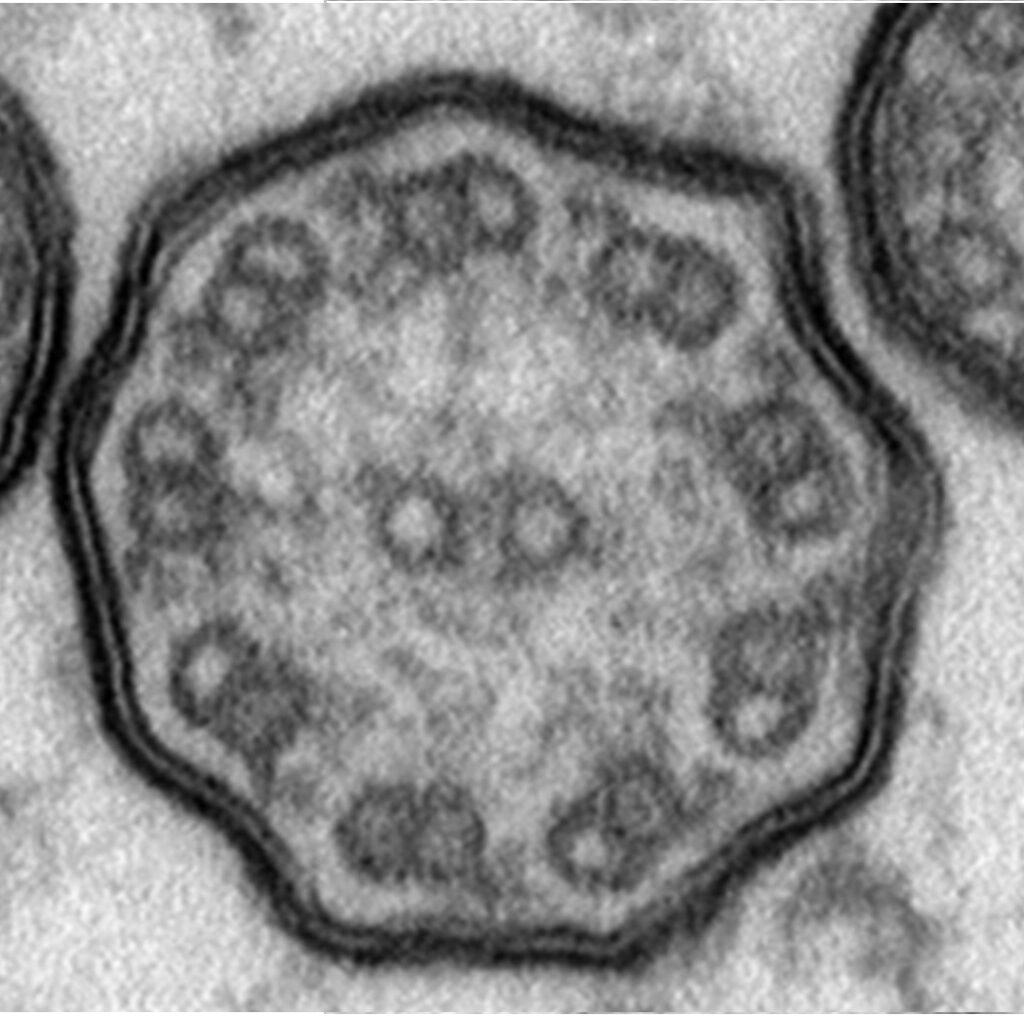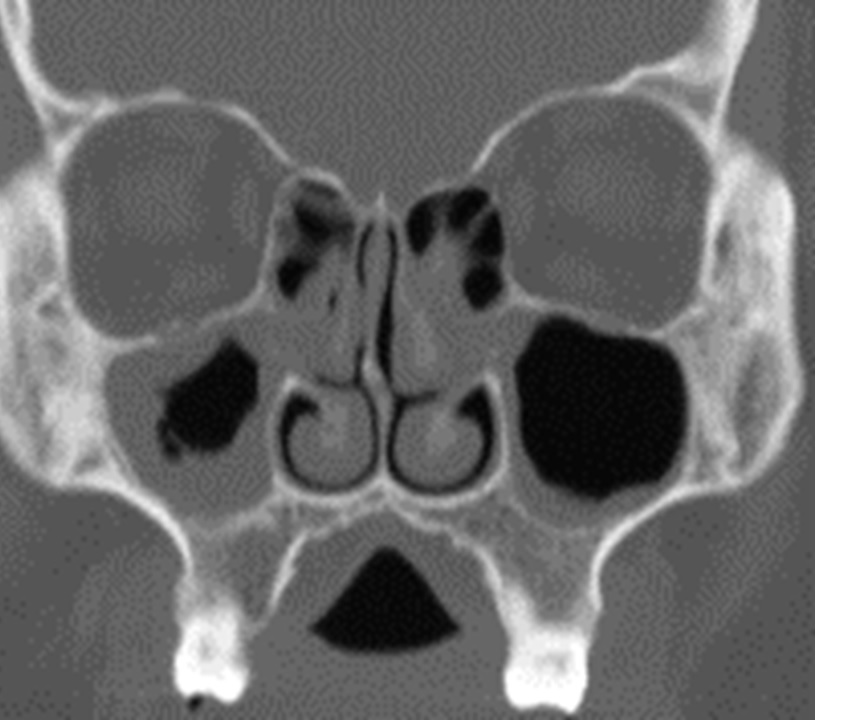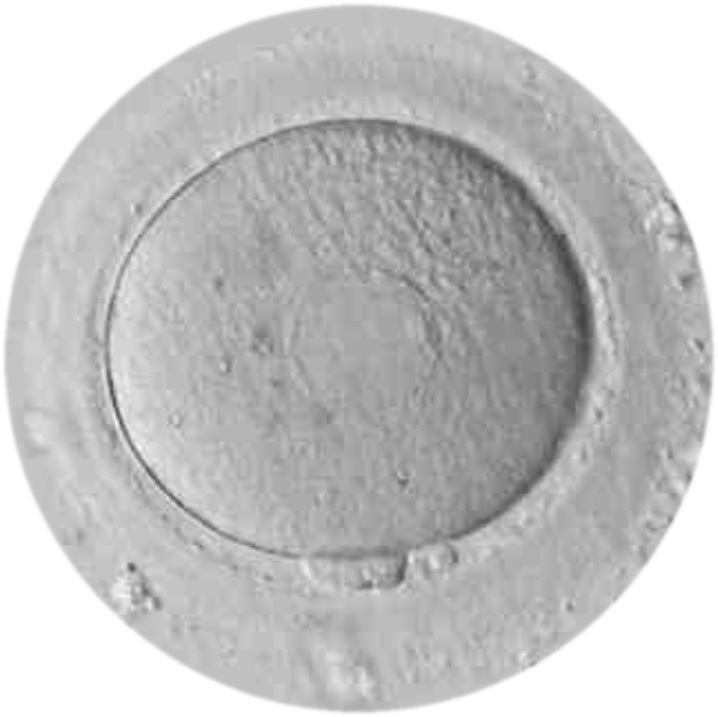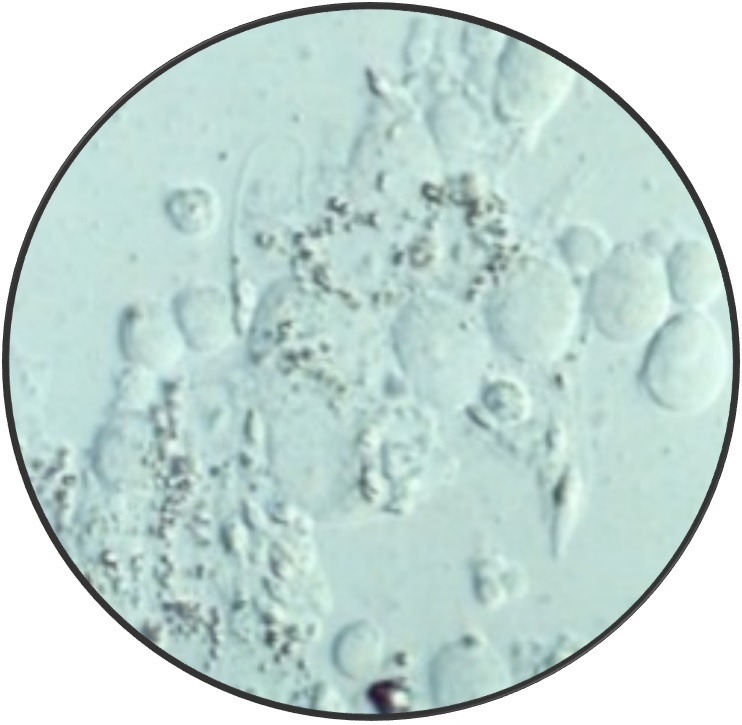Biology and Genetics of Reproduction / Molecular and Cellular Medicine
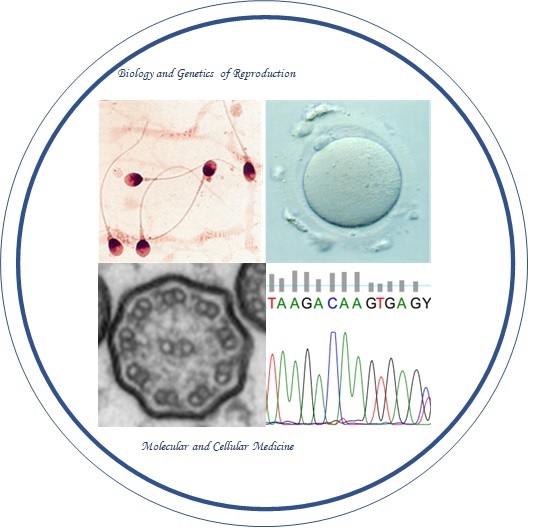
Introduction
The BGR&MCM group is involved in translational research in the field of human biology and genetics. Ongoing research is in human reproduction, human toxicology, oncofertility, biology and genetics of ciliopathies, human biology and genetics, and molecular and cellular medicine, under active collaboration with several hospital centres and research institutes, national and international.
The group performs external clinical diagnosis of ciliopathies, hematologic and reproductive pathologies to Hospitals.
The group is actively engaged in student advance training and dissemination of scientific knowledge.
Group Leader

Mário Sousa
Scientific Committee
- Reproductive Medicine.
- Ciliopathies.
- Oncofertility.
The main goal of the BGR&MCM group is to coordinate research efforts intended to clinical based research.
Main research areas:
- Outcomes in Assisted Reproduction treatments.
- Biology and genetics of human reproduction.
- Human sperm toxicology.
- Oncofertility.
- Biology and genetics of ciliopathies.
- Human biology and genetics.
- Molecular and cellular medicine.
Diagnostics:
- Cilia diseases: Transmission electron microscopy, HSV (high-speed video microscopy) and NGS (next generation sequencing).
- Platelet diseases: Transmission electron microscopy.
- Oocyte abnormal morphology and developmental arrest: Transmission electron microscopy and NGS (next generation sequencing).
- Sperm immotility and abnormal morphology: Transmission electron microscopy, and NGS (next generation sequencing).
Consulting:
- Implementation of new techniques and technologies in reproductive centres.
- Patient infertility evaluation for full diagnosis and treatment advice.
- Diffusion of knowledge on reproductive medicine.
- Diffusion of knowledge on ciliopathies.
- Diffusion of knowledge on oncofertility.
Over the past years, the members of this group gave major contributions to improve health care assistance and patients wellbeing. Specifically, for the first time, we had described the mechanism for successful intracytoplasmic sperm injection and that underlies the human oocyte activation after fertilization (in collaboration with France). Further, in collaboration with France, we contributed to the first human birth after intracytoplasmic sperm injection with male gamete in different differentiation stages namely with round spermatids and immature elongated spermatids, as well as, with novel methods, explicitly with a method for total immotile sperm in intracytoplasmic sperm injection and intracytoplasmic sperm injection using electroejaculation in a man with spinal cord injury. Our collaboration with France had also resulted in the achievement of the first human embryos obtained by somatic cloning.
Additionally, members of our group actively worked to accomplish the first human births after preimplantation genetic diagnosis for Portuguese familiar amyloidotic neuropathy and to achieve for the first time important medical and scientific advances, namely: the first Portuguese human ovarian tissue transplantation, the first development of a system to support in vitro differentiation of spermatocytes into spermatids, the first determination of a new method for cryopreservation of human spermatogonial stem cells, the first description of male germ cells imprinting defects, the first description of the AZFa locus and that its deletion causes Sertoly only syndrome (with Germany), the first description of the AZFc locus and the DAZ region and that microdeletion of DAZ1 causes severe oligozoospermia with progressive evolution to azoospermia (with Germany), the first mice obtained after somatic cloning using zona-free oocytes (with Scotland), first descriptions of several human oocyte dimorphisms, the first application of stereologic methods to the study of immature human oocytes, first description of new gene mutations causing congenital absence of the vas deferens (CFTR-CBAVD), first description of new gene mutations causing human sperm total immotility, first description of new gene mutations causing primary ciliary dyskinesia and situs inversus totalis, first description of new gene mutations causing neuromuscular diseases, first determination of the molecular mechanisms elicited by different medicines (antineoplastic agents, others) over the human sperm structure and DNA integrity, first characterization of a new method for human sperm purification, first determination of new human sperm fragmentation patterns.



